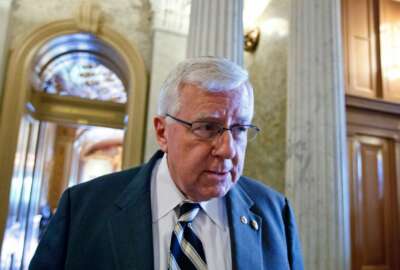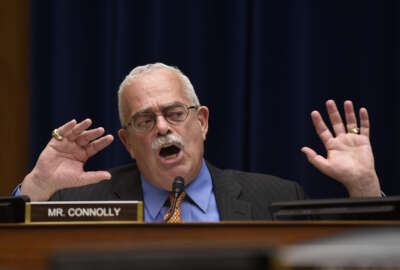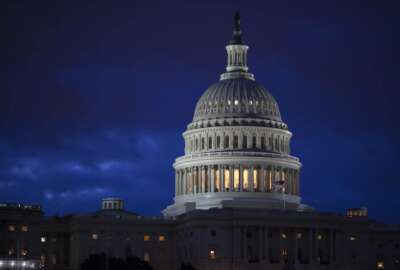
Feds saved from retirement cuts in 2018 budget resolution with House vote
Members of Congress will not use the budget resolution process to make significant changes to the federal retirement system.
In a narrow 216-212 vote, the House passed the Senate’s version of the 2018 budget resolution Thursday morning, which excludes cuts to the federal retirement system that were originally proposed.
The House decided earlier this week to forgo a lengthy conference over a concurrent budget resolution and simply adopt the Senate’s version, which does not include reconciliation instructions that propose billions of dollars in cuts to the federal retirement system.
The House vote does set the stage for lawmakers to begin negotiations in the coming weeks over new tax policies, as the measure includes reconciliation instructions but to only two committees: the Finance Committee to develop legislative proposals for $1.5 trillion in “comprehensive tax reform” and the Energy and Natural Resources Committee to find $1 billion in deficit reductions.
The White House applauded the passage of the resolution.
Thursday’s vote is good news for federal employees, because the recently passed budget resolution will not prompt the House Oversight and Government Reform Committee to develop legislative proposals to reduce the federal deficit by $32 billion over 10 years through reforms to civil service pensions, as first suggested.
The House had included those instructions in its version of the budget resolution that cleared the chamber earlier this month. The original House proposals were vague, but potential changes would likely include higher employee contributions to the federal defined benefit pension plan, an elimination of supplemental payments to employees who retire before age 62 and a move to a defined contribution pension plan for new federal employees.
Though lawmakers won’t make significant changes to the federal retirement system through the budget resolution, Congress could enact similar cuts through other legislative vehicles.
Though several Democrats and some Republicans have voiced their opposition to such proposals, other members of Congress have been active proponents of federal retirement changes.
“While we know federal employee benefits are still very much in the cross-hairs of many decision makers, we acknowledge and are grateful this budget does not include the mandated cuts the House included earlier this month,” Federal Managers Association President Renee Johnson said in a statement. “Congress has frequently pursued enormous changes to federal employees’ benefits, and the administration put its cards on the table with a raft of cuts to feds earned benefits as well. FMA will continue to oppose these drastic cuts as Congress finalizes fiscal year 2018 appropriations.”
Republicans on the House Oversight and Government Committee have expressed an interest in making major changes to the federal pay and benefits. President Donald Trump offered four significant recommendations in his own 2018 budget request.
Copyright © 2025 Federal News Network. All rights reserved. This website is not intended for users located within the European Economic Area.
Nicole Ogrysko is a reporter for Federal News Network focusing on the federal workforce and federal pay and benefits.
Follow @nogryskoWFED





